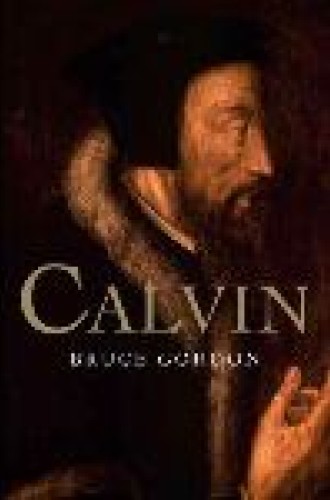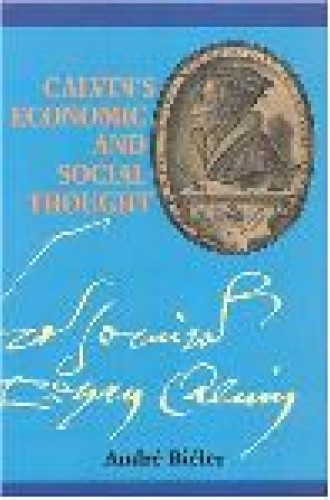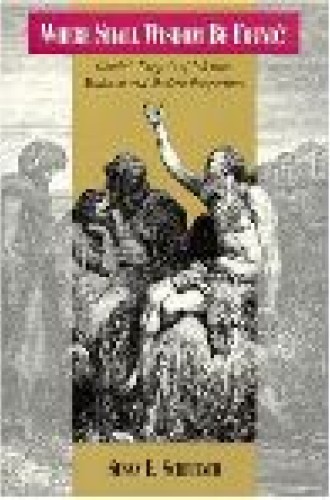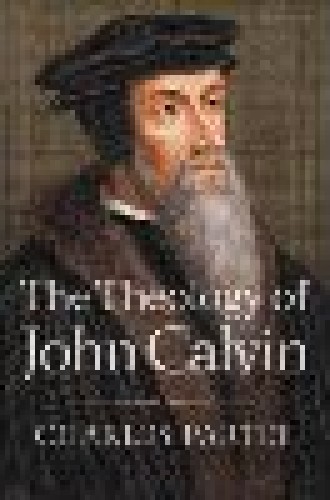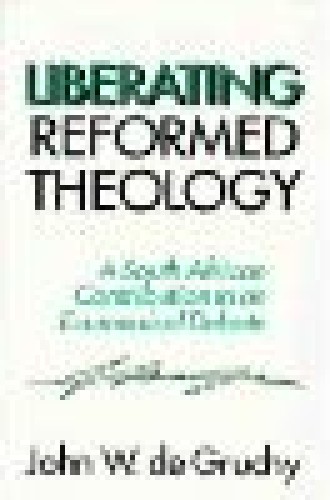5 essential books on John Calvin
How best to understand Calvin on the 500th anniversary of his birth? Start with this new biography by a professor at Yale Divinity School who offers a nuanced, flesh-and-blood portrait of a man shaped in complex ways by his relationships with colleagues and enemies, friends and rivals, as well as by political events beyond his control. It also contains an annotated, chapter-by-chapter bibliography that is extremely helpful.
For those wishing to delve deeper into the practical context of Calvin’s world, there is no better place than this exhaustive portrait of the Reformer’s views of economy and society which originally appeared in French in 1959. Written by an economist and theologian, the book provides a corrective to the many studies that seem to disconnect Calvin’s ideas from social context. We need to remember that Calvin not only reformed the church but helped redesign the sewer system in Geneva. It is hard to imagine a theologian more this-worldly than that.
Calvin was one of the most important biblical interpreters in the history of the church. Of the many studies one could choose, I recommend this one because of the way the issue of suffering retains its timeless grip on the theological imagination. The heart of this book is a detailed account of Calvin’s Sermons on Job. Schreiner compares Calvin’s exegesis to that of predecessors such as Gregory, Maimonides and Aquinas, as well as to that of modern interpreters such as Kafka and Jung.
Partee approaches Calvin’s great work, Institutes of the Christian Religion, topic by topic, noting much of the secondary literature on the subject. Another merit of Partee’s presentation is his refusal to reduce the complexity of Calvin’s thought to an easily summarized, self-contained system. The Calvin who emerges is much more interesting than what we think of today as Calvinism.
Worldly thought and action were so important to Calvin that he concluded the Institutes with a chapter on the power and role of civil government. De Gruchy, one of the outstanding Reformed theologians of our time, applies Calvin’s theology to the political world, interpreting it as “a liberating theology that is catholic in its substance, evangelical in principle, and socially engaged and prophetic in its witness.” Applying this interpretation to the struggle over apartheid, the author places Calvin in conversation with black, feminist and liberation theologies. Though published 18 years ago, the book addresses issues that are still timely. Readers should read this book alongside the Barmen Declaration (1934), the Belhar Confession (1986) and the Letter from Accra (2004) to get a sense of the dynamic significance of Calvin’s thought for contemporary struggles for justice.


